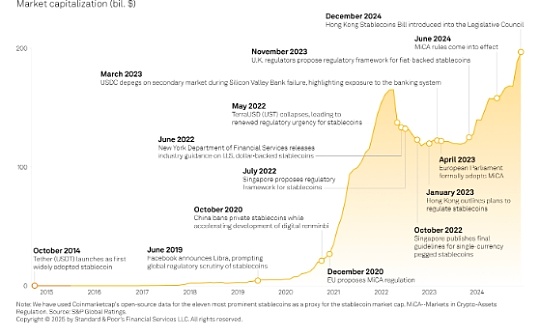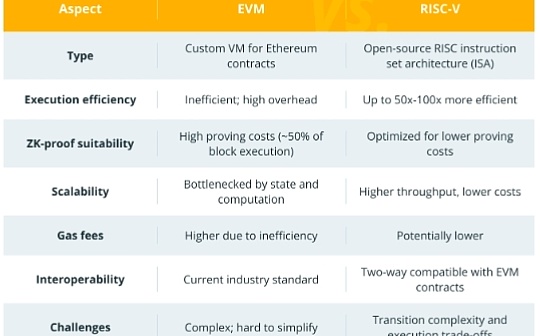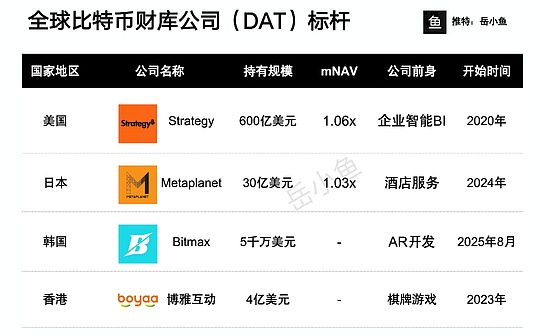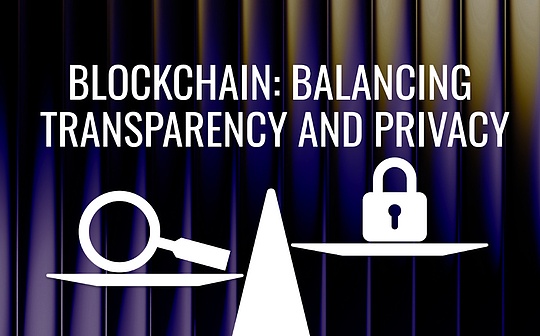
Author: Tayyub Yaqoob, CoinTelegraph; Compiled by: Deng Tong, Bitchain Vision
1. The prospects and importance of artificial intelligence governance
Artificial intelligence governance covers rules, principles and standards that ensure the responsibly developed and used by artificial intelligence technologies.
Artificial intelligence governance is a comprehensive term covering definitions, principles, guidelines and policies designed to guide the moral creation and utilization of artificial intelligence (AI) technologies.This governance framework is crucial to address a wide range of issues and challenges related to AI, such as ethical decision-making, data privacy, algorithmic bias, and the wider impact of AI on society.
The concept of artificial intelligence governance goes beyond the purely technical level and covers legal, social and moral levels.It is the infrastructure of organizations and governments that ensures that AI systems are developed and deployed in beneficial ways without inadvertent harm.
In essence, AI governance forms the backbone of responsible AI development and use, providing a set of standards and norms that guide various stakeholders, including AI developers, policy makers and end users.By clearly establishing guidelines and ethical principles, AI governance aims to align the rapid advancement of AI technology with the social and moral values of human communities.
2. Level of artificial intelligence governance
Artificial intelligence governance adapts to organizational needs, and has no fixed levels, and adopts frameworks such as NIST and OECD as guidance.
Artificial intelligence governance does not follow the level of universal standardization, as seen in areas such as cybersecurity.Instead, it utilizes structured methods and frameworks from different entities, allowing organizations to customize according to their specific requirements.
The National Institute of Standards and Technology (NIST) AI Risk Management Framework, the Organization for Economic Cooperation and Development (OECD) AI Principles, and the European Commission’s Trusted Code of Artificial Intelligence Ethics are one of the most important frameworks.They cover many topics including transparency, accountability, equity, privacy, security and assurance, providing a solid foundation for governance practices.
The degree of governance adoption depends on the size of the organization, the complexity of the AI system employed, and the regulatory environment in which it operates.The three main methods of artificial intelligence governance are:
Informal governance
The most basic form relies on the core values and principles of the organization and has some informal processes such as the Ethics Review Board, but lacks a formal governance structure.
Temporary governance
A more structured approach than informal governance involves the development of specific policies and procedures to address specific challenges.However, it may not be comprehensive or systematic.
Formal governance
The most comprehensive approach requires the development of a broad AI governance framework that reflects the values of an organization, complies with legal requirements, and includes detailed risk assessment and ethical oversight processes.
3. Examples of artificial intelligence governance
Explain AI governance through various examples such as GDPR, OECD AI Principles and Corporate Ethics Committee, demonstrating multifaceted approaches to responsible AI use.
Artificial intelligence governance is reflected through various policies, frameworks and practices, aiming to deploy AI technologies in an ethical way through organizations and governments.These examples highlight the application of artificial intelligence governance in different scenarios:
The General Data Protection Regulation (GDPR) is a key example of AI governance in protecting personal data and privacy.Although GDPR is not only focusing on AI, its regulations have had a significant impact on AI applications, especially those that process personal data within the EU, emphasizing the need for transparency and data protection.
The OECD AI Principles are recognized by more than 40 countries, emphasizing the commitment to trustworthy AI.These principles advocate transparency, fairness and responsibility of artificial intelligence systems, and guide the international community to work towards responsible artificial intelligence development and use.
The Enterprise Artificial Intelligence Ethics Committee represents an organizational approach to AI governance.Many companies have set up ethics committees to oversee AI projects to ensure they meet ethics and social expectations.For example, IBM’s AI Ethics Committee reviews AI products to ensure they comply with the company’s AI ethics code and invites diverse teams from different disciplines to provide comprehensive oversight.
4. Let stakeholders participate in artificial intelligence governance
Stakeholder participation is critical to developing an inclusive, effective AI governance framework that reflects a broad view.
A wide range of stakeholders, including government entities, international organizations, business associations and civil society organizations, are in charge of AI governance.As different regions and countries have different legal, cultural and political backgrounds, their oversight structures may also vary greatly.
The complexity of artificial intelligence governance requires the active participation of all sectors of society, including the government, industry, academia and civil society.Involving different stakeholders ensures that multiple perspectives are considered when developing an AI governance framework, leading to more robust and inclusive policies.
This commitment also cultivates a shared sense of responsibility for the ethical development and use of artificial intelligence technologies.By engaging stakeholders in the governance process, policy makers can leverage a wide range of expertise and insights to ensure that the AI governance framework is well-informed, adaptable, and able to address the challenges and opportunities brought by AI.
For example, exponential growth in data collection and processing has caused serious privacy concerns and requires a strict governance framework to protect individuals’ personal information.This involves compliance with global data protection regulations such as GDPR, and active participation of stakeholders in implementing advanced data security technologies to prevent unauthorized access and data breaches.
5. Lead the future of artificial intelligence governance
The future of artificial intelligence governance will be determined by technological progress, growing social values and the needs of international cooperation.
With the development of artificial intelligence technology, the framework will manage it.The future of AI governance may place more emphasis on sustainable and people-centered AI practices.
Sustainable AI focuses on developing environmentally friendly and economically viable technologies for the long term.Human-centered AI prioritizes systems that enhance human capabilities and well-being, ensuring that AI becomes a tool to enhance human potential rather than replace human potential.
In addition, the global nature of artificial intelligence technology requires international cooperation in artificial intelligence governance.This includes coordinating a cross-border regulatory framework, cultivating global standards for AI ethics, and ensuring that AI technologies can be deployed safely across different cultural and regulatory environments.Global cooperation is the key to addressing challenges such as cross-border data flows and ensuring equitable sharing of AI benefits worldwide.








